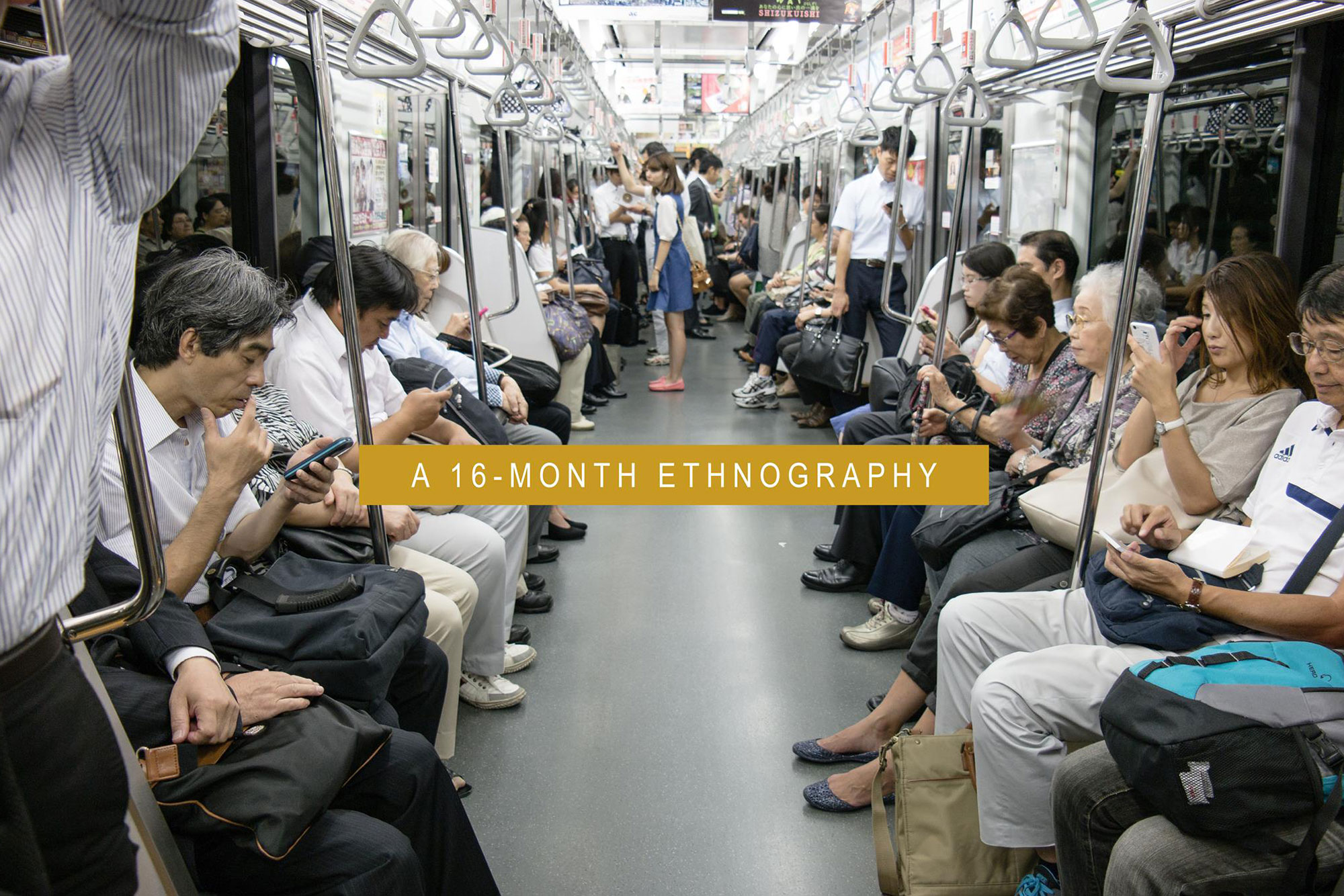Ethnographic analysis to better address challenges in developing countries
Q: You mention Ethnographic analysis – what do you mean by that?
The Ethnographic method is scientific, integrating both qualitative and quantitative approaches. Field work is fundamental to “the doing of ethnography” by anthropologists of all descriptions. Traditionally, anthropologists have identified with peoples amongst whom they reside, and, inevitably, this identification is reflected in ethnographic methods which primarily seek to privilege the world views of people and their life experiences. It involves an in-depth study of human behaviour, the choices and values that guide people’s everyday lives in their natural settings, how they interact within economic, religious, political, geographic worlds that are expressed through their cultural repertoires, in their own words.Q: How would you describe participant observation?
Participant observation is not so much a method, but an approach to collecting information by means of the presence and the participation of the researcher. There are many degrees of participant observation – the fundamental approach that informed this ethnographic research was the method of immersion. The process of ‘immersion’ in the field by the researchers indicates committed long-term residence and polite engagement with the local communities — forming sets of relationships and activities, which are connected to the wider society. Participation is seen as an apprenticeship, as a learning process through which the researchers and their personal relationships serve as primary vehicles for eliciting findings and thoughts; relationships of intimacy and familiarity, between researcher and subject, are envisioned as a fundamental medium of investigation, rather than as an extraneous by-product, or even as an impediment. Most of the time, it is the people who tell the ethnographer what is to be done, rather than being told what they should do. Thus, one gets to grips with what people really need, whether it is clean water, or seeds for crops and so forth.”



